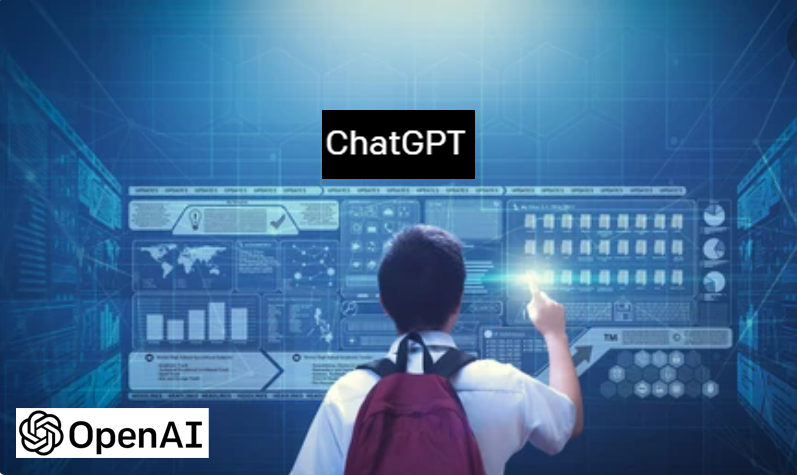The rise of artificial intelligence (AI) has sinifigenlty transformed our lives and work. It’s no secret that AI affects many industries and disrupts traditional business models.
As AI becomes more advanced and ubiquitous, it’s essential to investigate its impact on the job market.
In this article, we’ll explore the change and the future of the job market with AI. We’ll examine how AI is being integrated into various industries, its impact on different types of jobs, and what the future holds for workers in an AI-dominated world
AI in the Workplace:
AI is start being used in different industries sectors, including healthcare, finance, retail, and manufacturing. In the workplace, AI is being used to automate repetitive and easy tasks, analyze data, and streamline processes. it’s already improving efficiency, Speed, and productivity, and as AI technology advances, it will be able to take on more complex tasks that were once reserved for humans.
The Impact of AI on Jobs:
The impact of AI on jobs is a nowadays debated topic. While some argue that AI will replace human jobs and lead to mass unemployment, others suggest that it will create new job opportunities and improve overall productivity. It’s estimated that by 2030, up to 800 million jobs could be lost to AI automation. However, AI is also expected to create new job opportunities in data science, machine learning, and robotics fields.
Industries that will be Most Affected by AI:
Not all industries will be impacted by AI in the same way. Industries that rely heavily on repetitive easy tasks, such as manufacturing and transportation, will see the greatest disruption. However, industries that require more creativity and human common sense and interaction, such as healthcare and education, are less likely to be fully automated. The rise of AI also means that workers will need to be more adaptable and willing to improve and learn new skills to remain relevant in the job market.
Skills Needed for the Future of Work with AI:
As AI technology continues to advance, company workers and staff must adapt and learn new skills quickly to keep up with the new fast changing demands of the job market.
There will be Some job skills that will not be affected will require critical thinking, persuasion, negotiation, common sense, creativity, and emotional intelligence, such as a doctor teacher, or artist. Workers who possess these skills will be affected and will be more likely to succeed and integrate in the future with AI.
Future Job Prospects in an AI-dominated World:
While the impact of AI on the job market is not known at least for the near future, one thing is clear: workers who possess the right skills will be in high demand. Jobs that require critical thinking, creativity, and emotional intelligence will become more valuable in an AI-dominated world.
Workers who can learn new skills quickly and adapt to the new changing technology will also be highly sought after. The rise of AI also means that new job opportunities and demand will emerge in fields such as data science, machine learning, and robotics.
Preparing for the Future of Work with AI:
To prepare for the future, workers must focus on upskilling and reskilling. This means learning new skills and adapting to the changing demands and needs in the job market. Employers also have a role to play in preparing workers . This includes providing training and resources to help workers upskill and reskill.
Conclusion:
The question today will AI ever outsmart us and would ever be able to replace jobs such as a doctor teacher or artist? At least in near future, AI might replace some easy jobs but it might not be able to replace jobs that require critical thinking, persuasion, and negotiation. in general, AI will be able to continue serving as an extension of human intelligence.
As AI technology continues to advance, workers must be prepared to adapt and learn new skills to stay relevant in the job market demand. The future of work with AI presents both challenges and opportunities, and it’s up to individuals, businesses, and governments to prepare for the new changes ahead.
FAQs:
Q: Will AI replace all jobs in the future? No, AI will not replace all jobs. While some jobs will be automated, others will require new skills and will be created to support the technology.
Q: What industries will be most affected by AI? ndustries that rely heavily on easy and repetitive tasks, such as manufacturing and transportation.
Q: What job skills will be valuable in the future? Jobs Skills that need and involve critical thinking, creativity, emotional intelligence, persuasion, and negotiation.



1 Comment